Uraloğlu emphasized that climate change, population growth, and industrialization pressures have made the sustainable use of natural resources critical.
Pointing out that the increasing droughts, floods, and forest fires in recent years have highlighted the economic and social dimensions of environmental problems, Uraloğlu noted that Turkey is taking determined steps to combat climate change within the framework of its 2053 net-zero emissions target and the Paris Climate Agreement.
The Minister stated that they are accelerating the transition to zero emissions, particularly in the transport sector, and highlighted that his ministry was the first in Turkey to carry out corporate carbon footprint calculations, leading by example in environmental awareness and service approach.
Uraloğlu explained that under the “Turkey’s Net-Zero Emissions Roadmap in Transportation” project, conducted within the framework of European Union financial cooperation, the current status of road, rail, air, maritime, and urban transportation modes has been analyzed, and measures have been developed based on emission projections and various future scenarios.
Stating that approximately 85% of freight transport in Turkey is carried out by road, Uraloğlu said that regulatory arrangements supporting the use of electric trucks, buses, minibuses, tractors, and cars have been implemented to achieve green transformation in road transport. The Minister also noted that environmentally friendly solutions are being applied in urban transport, including the widespread use of shared electric scooters, with around 65,000 scooters operated nationwide by 26 companies.
Uraloğlu highlighted that environmentally friendly transportation is promoted through the “Combined Transport Regulation” and the “Green Logistics Certificate,” noting that firms holding the certificate receive a 50% discount on authority certificate applications and up to 95% support for vehicle card fees. As of 2025, 42 operators hold this certificate.
The Minister stated that over the past 23 years, projects focused on mobility, logistics, and digitalization have been implemented with investments totaling approximately USD 296.5 billion, and that the length of divided highways has increased from 6,101 kilometers to 29,832 kilometers, resulting in annual fuel savings of around 2.45 billion liters.
Uraloğlu indicated that carbon emissions from environmentally harmful vehicles have been reduced by 5.27 million tons, and rail investments have cut 8.9 million tons. He said that by 2028, the railway network will reach 17,500 kilometers and by 2053, 28,600 kilometers, strengthening environmentally friendly transportation. He also emphasized support for multimodal transport to increase the rail freight share from 5% to 22%.
Regarding urban rail systems, Uraloğlu stated that projects with 434 kilometers completed and 122.1 kilometers ongoing, along with initiatives such as the Sirkeci-Kazlıçeşme New Generation Transportation Project, aim to reduce emissions in cities. He noted that Smart Transportation Systems (ITS) improve traffic flow and lower emissions, and that fiber optic infrastructure on road networks will be extended to 20,000 kilometers.
The Minister highlighted that environmentally friendly transportation is supported through electric train sets, electric vehicle charging stations, bicycle lanes, ecological bridges, sustainable aviation, and green maritime projects. As of June 2025, the number of electric vehicles in Turkey exceeded 268,000, with 31,433 charging sockets available nationwide.
Uraloğlu stated that under the carbon-neutral airport certification, Turkey ranks second globally with 50 certified airports. He also mentioned that the 5G tender will take place in October, and that 5G signals will be widely deployed across the country starting in 2026.


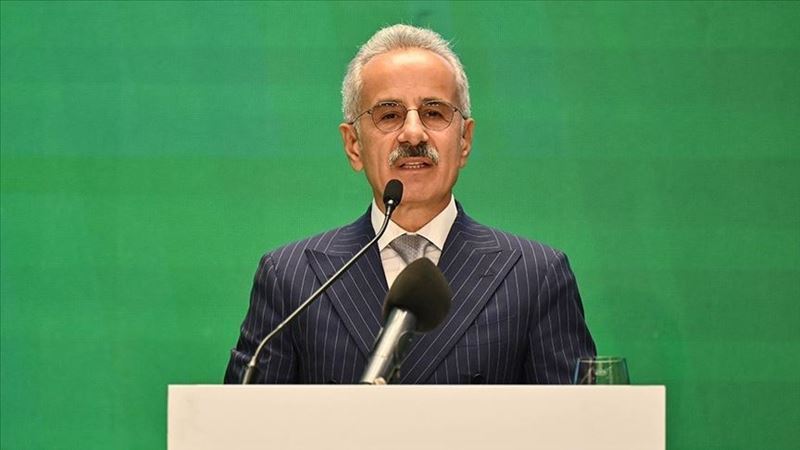

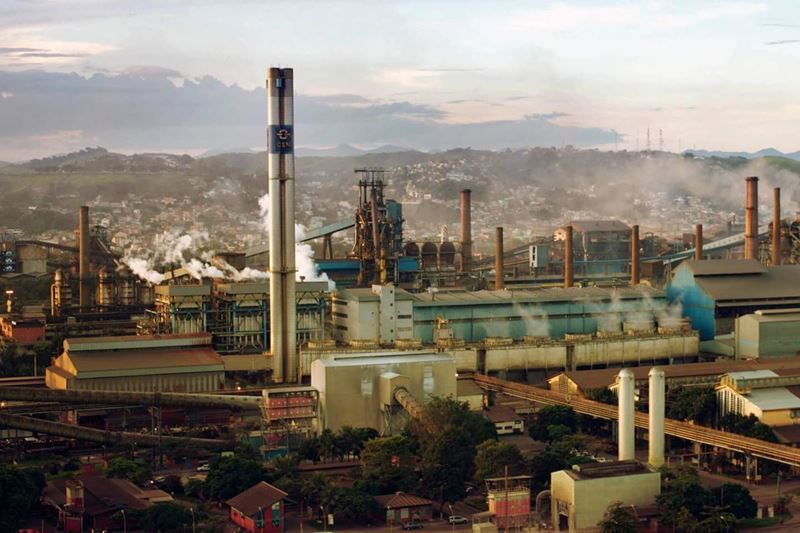
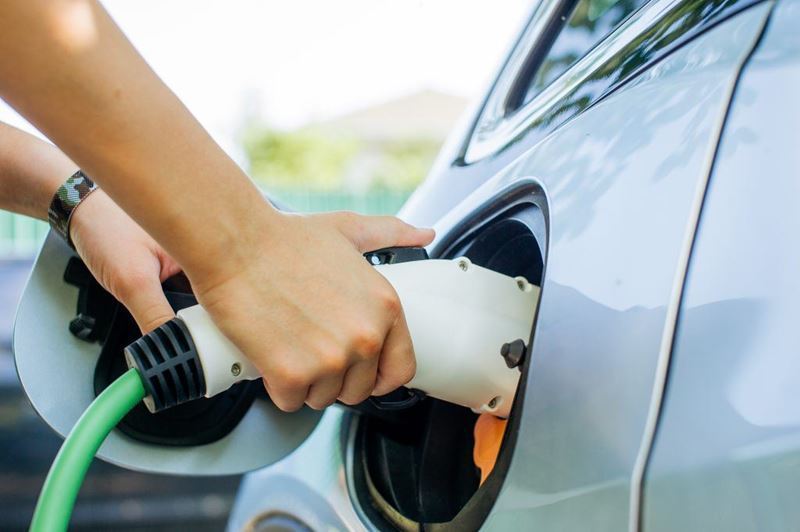
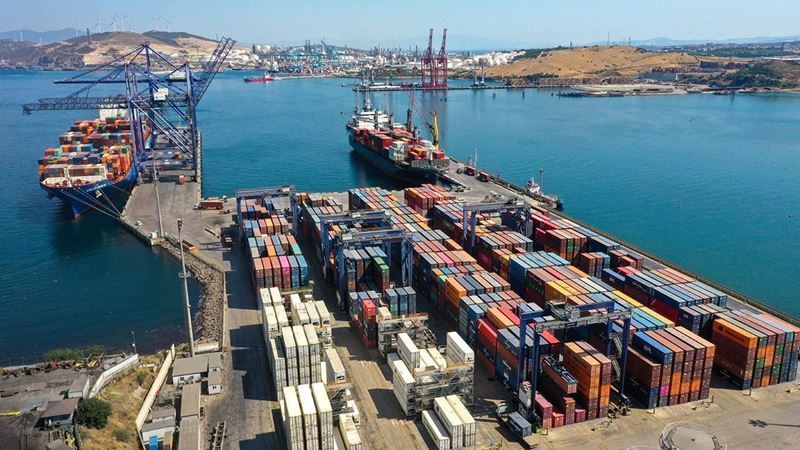
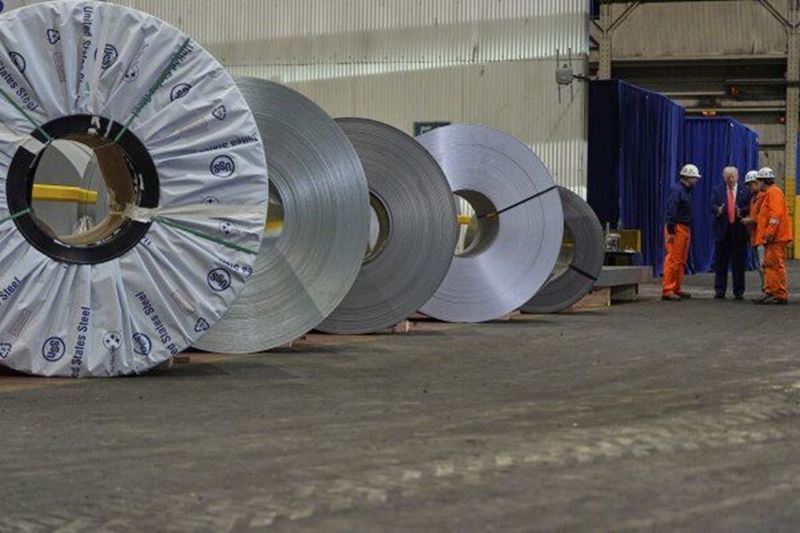


Comments
No comment yet.